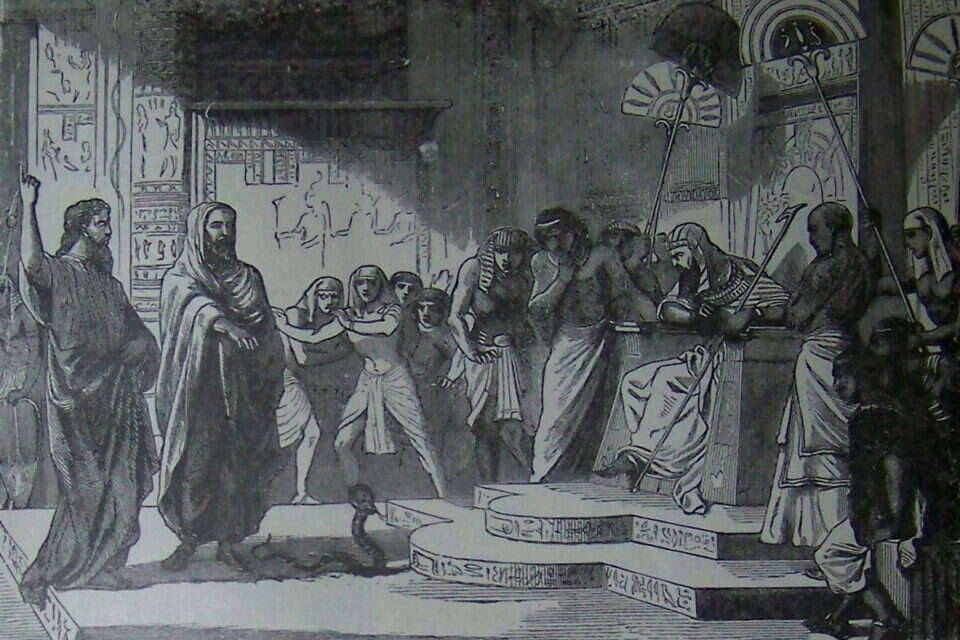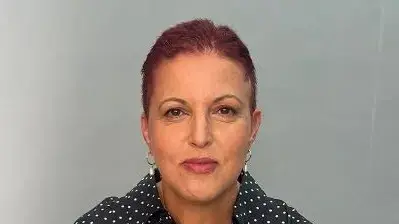In his story "In Our Boys and Old Men," SY Agnon tells of a group of enthusiastic Zionists who travel to a neighboring town to protect their Jews from a pogrom. However, the motivated group spends most of their time eating and drinking. In his body on the Jews of the town.
The "soldier" abandoned in the field was a Bundist and not a Zionist.
In the story, Agnon expresses a social critique of the gap between the sublimity of the ideology of the Zionists, and their laziness and carelessness in practice.
It is no coincidence that Agnon drew the title of his story from the affair.
Pharaoh wants to know which of the children of Israel Moses wants to release - "Who and who are the walkers" (verse 8), and Moses replies to him in detail: "In our youth and in our old age we will go;
Moses insists that worship is for all parts of the nation.
The "Precious Tool" adds that even if the obligation to participate in worship applies to adult men only, "we have another mitzvah for us, and that is the joy of the holiday ... and it is known that the joy of man is not complete except when his wife and sons and all his possessions are with him."
Pharaoh, of course, fears that there is a conspiracy against him here, and gives only partial approval for the holiday:
"Go, you men, and serve the Lord, for you are asking for it" (v. 11).
Pharaoh's Sifa is confusing: What does it mean - "because you seek it"?
After all, Moses explicitly asked to go with our boys and old men, without exception, and why would Pharaoh say that his will is in men only?
Abarbanel believed that "the custom between the seller and the buyer is yes," that is, Pharaoh presupposes that for Moses "in our youth and in our elders" is not an ideological statement of intent, but a tactic of a sales trade.
Moshe will ask for much more than he needs, in order to finally get the main thing in his eyes - "Please go men".
The question that arises from reading this interpretation is relevant to every area of our lives.
The budgetary, or community, or political "blanket" is never too narrow and it is not enough to cover everyone.
We have to pull it once here and once here.
Agnon in his sharp and ironic language teaches us to beware of the gap between the statement and the deed, in the hope that we will be able to look closely at our actions and decisions, and make sure to include in our circles those who are often left out - distressed families, immigrants, And more.
In our boys and old men we will go.
Mira Hovav is a rabbi in the Ramot Shalom
community, the Reform community in Be'er Sheva
Vocabulary: Mine
"How long will it be mine for us," the people of Pharaoh wonder about Moses.
"Mine" here means causing trouble, causing disasters.
Basically it is possible that the word mine is bait.
Thus in the verse - "Did a bird fall on the dust of the earth and it has no mine ?!"
(Amos 3: 5).
Over time, the bait became the representative of the entire trap, and so a mine became a trap, hence the cause of problems, and hence the troubles that to this day lie in the soil of the Golan Heights.
Writing: Daniel Shereshevsky
Were we wrong?
Fixed!
If you found an error in the article, we'll be happy for you to share it with us







